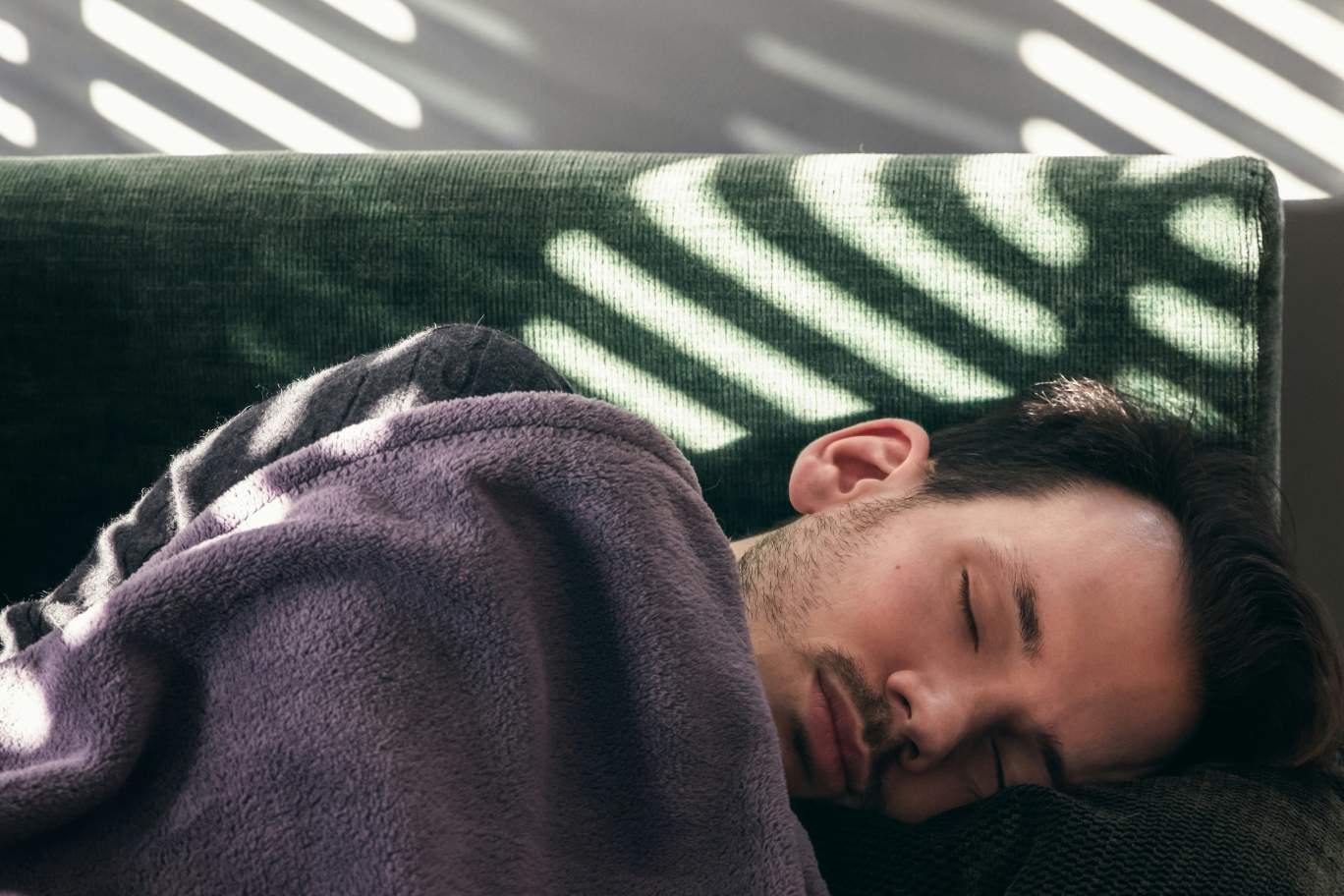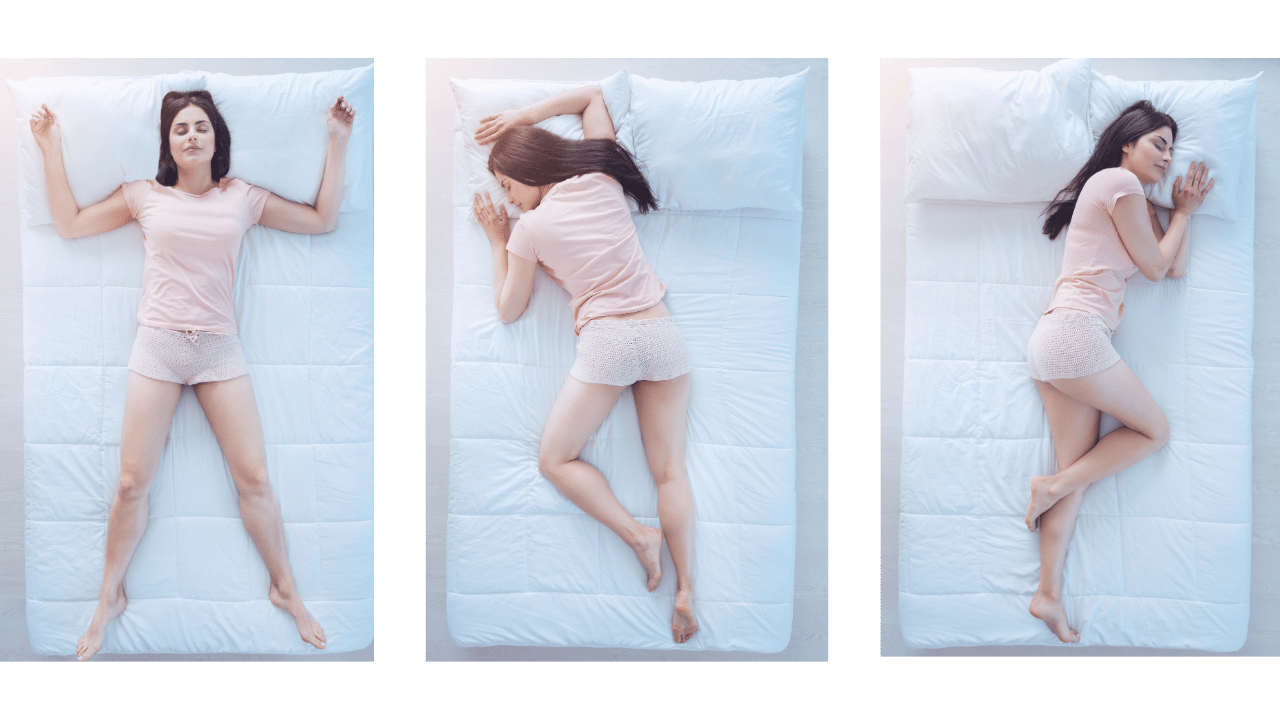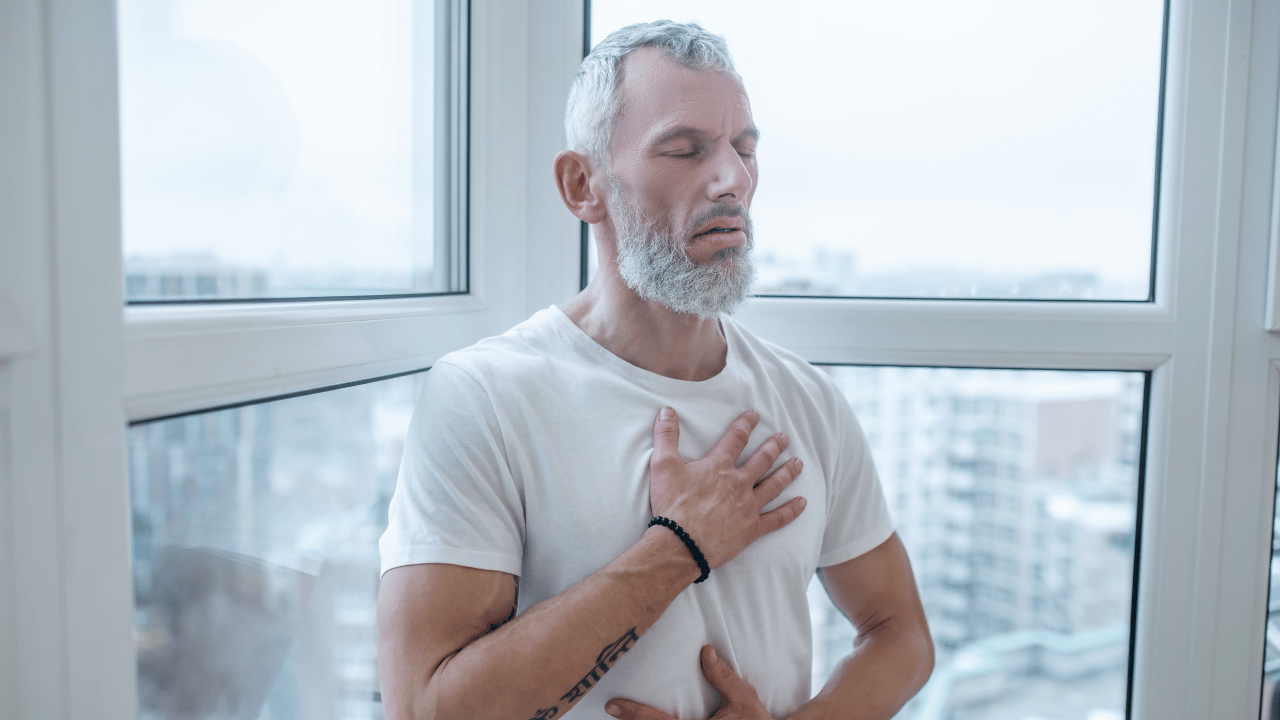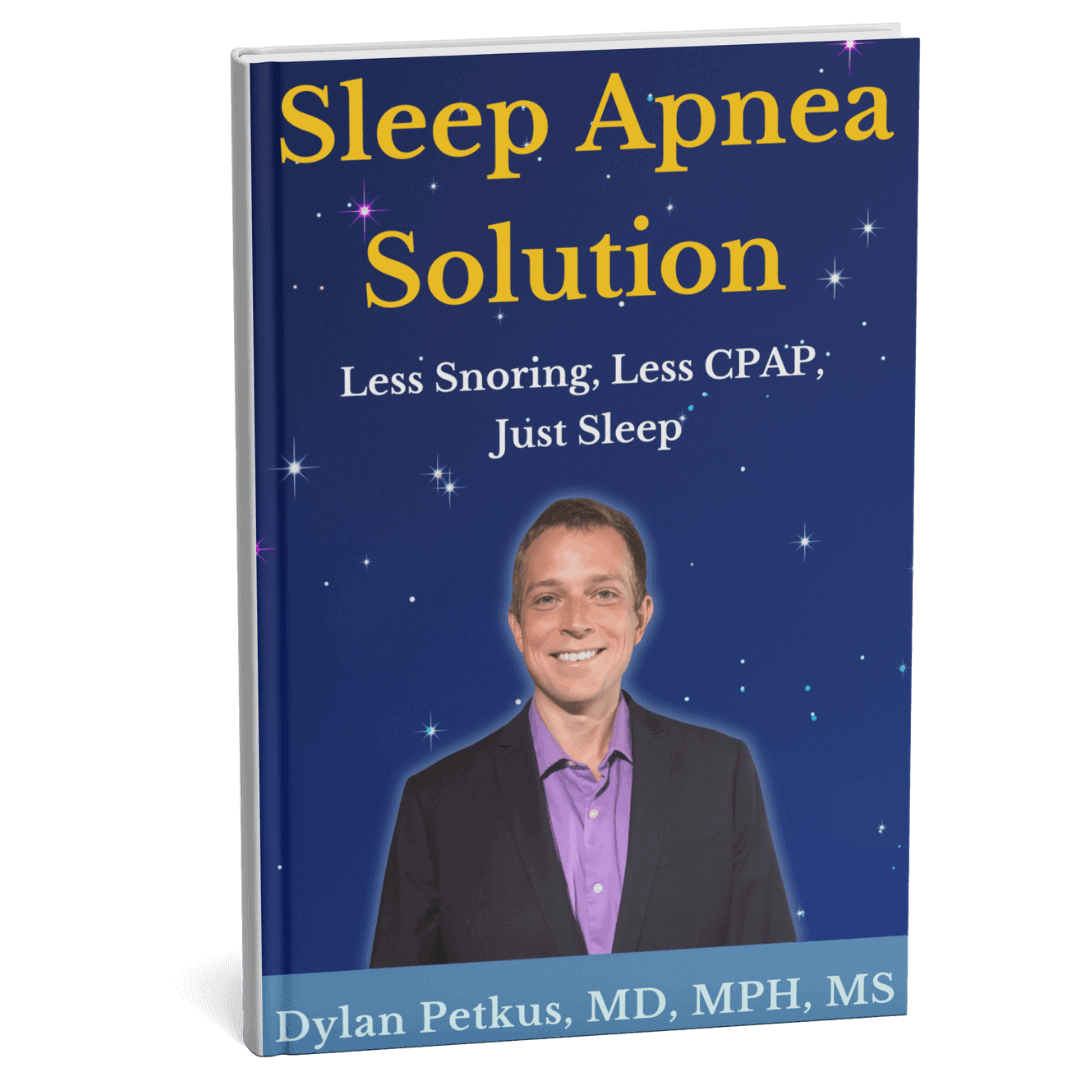
Sleep apnea is a condition that stops you from getting the rest you need. It can be caused by several factors–including genetics and lifestyle–and can be addressed through multiple methods.
One of the most helpful obstructive sleep apnea natural remedies is exercising healthy sleep habits, such as practicing good sleep hygiene, preparing a rest-conducive sleep environment, and maintaining a healthy bedtime routine. In this article, we’ll share some healthy sleep habits that you can follow for a good night’s slumber.
Adjust Your Sleep Position
The way you sleep impacts the quality of your rest. In general, it’s recommended that you sleep in a position that promotes an aligned spine from your head to your hips.
Sleeping on your side or back is often said to be more beneficial than sleeping on your stomach. This is because these positions support and balance your back, relieving pressure on the spine and helping your muscles relax. However, those positions might not be the most comfortable positions for you, so it’s best to find a position that targets the root of your sleep apnea.
For instance, sleeping on your side may reduce snoring, while sleeping on your back might lessen symptoms of nasal congestion. These two are common symptoms of sleep apnea, and addressing them based on your needs may lead to more peaceful sleep. Try out a couple of sleeping positions until you find the one that suits you best.

Practice Good Sleep Hygiene
Good sleep hygiene involves setting a sleep routine that allows you to get consistent and uninterrupted sleep. Here are some ways you can achieve this:
Follow a Sleep Schedule
Go to sleep and wake up at the same time every day to train your body to recognize when it needs to rest and when it needs to be active. This also ensures that you get at least six to eight hours of sleep each night.
Only Use Your Bed for Sleep
Try not to engage in activities beyond sleep such as eating, watching TV, or working in your bed. This will help you associate your bed with rest and help your body adjust to a calming state once you snuggle into your pillows.
Get Out of Bed If You Can’t Sleep
If you can’t sleep after twenty minutes of tossing and turning in bed, give yourself a break! Do a calming activity like deep breathing or reading a book. Keep the lights low and avoid doing anything too stimulating, like using electronics. Once you start feeling sleepy, head back to bed.
Follow Breathing Exercise

Calm your mind with mindfulness exercises, particularly deep breathing. Relaxing the mind can improve how it handles stress and settles you for bed. You can start simple with just a couple of minutes of breathing in and out in five to ten-second intervals. Check out our Sleep Apnea Solution book for more tips!
Avoid Eating Before Bed
Avoid eating a large meal before bedtime, as well as consuming coffee and alcohol. Remember, sleep apnea and caffeine don’t mix! If you’re hungry at night, you can eat a light snack, or drink some water or tea.
Prep Your Space for Rest
Make your room conducive to sleeping. Keep it at a comfortable, cool temperature; limit bright lights, block out noise; and improve bedroom ventilation. All of these factors can help relax your body, which could make it easier to fall into a deep sleep.
For an extra boost of relaxation, try some aromatherapy with eucalyptus oil for sleep apnea, or invest in a good mattress and pillow!
A Natural Approach to Sleep Apnea
We’ve compiled several approaches to improve natural breathing during sleep for individuals living with sleep apnea. Check out our Sleep Apnea Solution book today to learn more about how you can enhance natural sleep!



